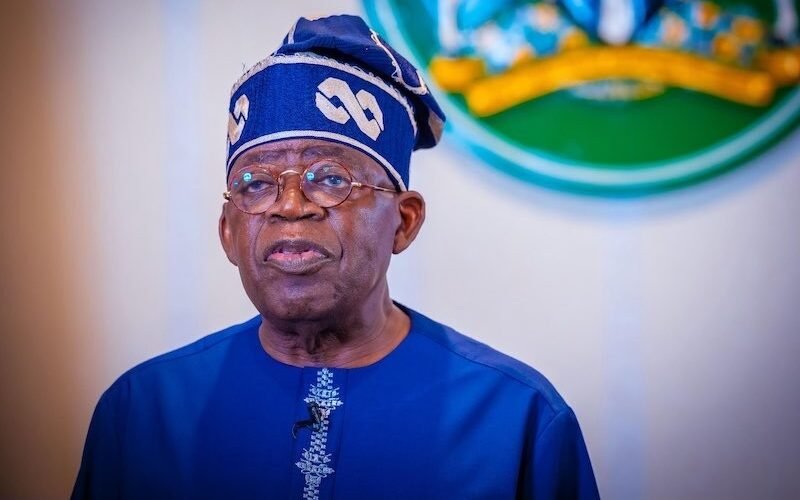The Nigerian Government has announced a new game plan, aimed to be accomplished in the four years leading up to 2030, as a central plank in its effort to attain an ambitious $1 trillion economy at the end of the decade.
The Renewed Hope Development Plan (2026-2030) sits within the wider Nigeria Agenda 2050, the country’s long-term economic development strategy approved in 2020.

It is proposed as the second stage of that expansive economic strategy, whose first phase (National Development Plan), running from 2021 through 2025, will end this December. Six phases are planned in all before the overall programme winds down in 2050.
“This, to us, is no ordinary transition. It is the bridge between lessons learnt and ambitions pursued. The Renewed Hope Plan will consolidate ongoing reforms, deepen policy continuity, and align our medium-term strategies with the long-term horizon of Nigeria Agenda 2050,” Vice President Kashim Shettima told the members of the National Economic Council on Thursday.
The council, an assembly of the 36 state governors, the Central Bank of Nigeria governor and some selected government officials, meets every month to provide advisory support to the president on national economic affairs.
The government expects the new playbook to guide the path of Nigeria’s reform agenda as a key policy for budgeting and planning, with the inclusion of players ranging from political parties, the private sector and civil society to faith-based organisations, traditional institutions and labour as its oil in the wheel.
Nigeria, now Africa’s fourth biggest economy after currency devaluations and factors like sky-high inflation and two recessions in the four years, forced it to lose the top position on the continent two years ago, is aiming for a $1 trillion GDP by 2030.
Nominal GDP, which a recently completed economic rebasing valued at $243.7 billion, has to grow by more than fourfold over the next five years to achieve that end.
ALSO READ: Nigeria’s economy stabilises. But Nigerians are still hungry
“We believe that it is unlikely Nigeria will be able to achieve the USD 1 trillion economy over the next couple of years, as it would require the economy growing by a cumulative annual growth rate of over 30 per cent or seeing the currency appreciate significantly,” Omobola Adu, lead economist at CSL Stockbrokers, told PREMIUM TIMES last month.
President Bola Tinubu’s administration, which is completing the second half of its first four-year tenure, has introduced arguably the most far-reaching economic reforms since Nigeria’s shift to democratic governance in 1999 in a bid to quicken a sluggish annual growth rate that has hovered below the lower single digit for years.
These include an abolition of costly fuel subsidies, recapitalisation of the banking industry, adoption of new insurance laws, introduction of new tax rules, revamp of investment and securities regulatory framework and a series of currency reforms.
Mr Shettima said the preparation of the Renewed Hope Development Plan would begin next month to allow ample room for its completion before the year’s end.
That also enables the projects and programmes of the federal and subnational governments as well as those of ministries, departments and agencies, as reflected in the plan, to be used for budgeting purposes for the 2026 fiscal year.
Read the full article here


